I wonder how it is I became obsessed with travel? I guess my travels started in the forest around my house, near the Wapiti River, in Northern Alberta, Canada, with my father.
He had particular rules for traveling. Never, ever, leave garbage on the trail. If you see garbage, pick it up. It doesn’t matter how long you have to carry it; the path behind you must be clean.
Every now and then, stop, and really listen. Stop in your tracks, and fully take in your surroundings. Listen so carefully, you can hear the wings of a bird, or a branch crackle. An ant crawl.. well maybe not, but try.. Sniff the wind, feel the freshness of the air near the water’s edge. Notice the pattern of sound in the leaves of the tree as they rustle.
Actually, my dad implied we were listening for bears, or mountain lions, and this scared me out of my wits, but nonetheless I was grateful to have instilled in me a strong desire to observe my surroundings carefully, and a good sense of self-protection, to boot. But most of time we realize, the fear of what’s “out there” is really just in our head.
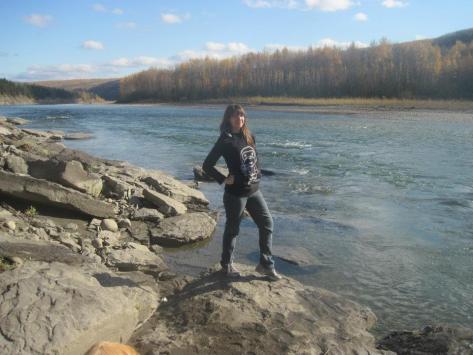
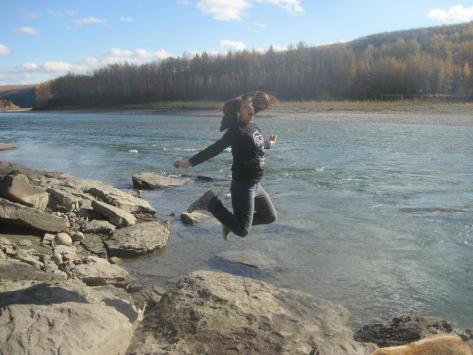 I took that kind of awareness out into the world, and became a traveler. I didn’t get my first passport until I was twenty-one, when i was preparing to finish my BA. My travels began in Africa, then to Asia, and a bit of the Middle East and Europe. When does it stop? When I die. I’ve relinquished the need to live in the future constantly, but my window to the world, though I nurture my ambitions, is in the present. My experience of this world is through me, but I often think of the people I have met in the steps along the way. If I am to begin telling my stories, I have to revere all the people I met along the way. I don’t suppose to represent them, but I can give my version.
I took that kind of awareness out into the world, and became a traveler. I didn’t get my first passport until I was twenty-one, when i was preparing to finish my BA. My travels began in Africa, then to Asia, and a bit of the Middle East and Europe. When does it stop? When I die. I’ve relinquished the need to live in the future constantly, but my window to the world, though I nurture my ambitions, is in the present. My experience of this world is through me, but I often think of the people I have met in the steps along the way. If I am to begin telling my stories, I have to revere all the people I met along the way. I don’t suppose to represent them, but I can give my version.
Let’s get serious for a moment. In our course, we looked at four contingencies for successful travel writing, according to David Spurr:
1) The question of language.
2) The conditions of observation.
3) The consciousness of interest.
4) Other voices.
On the question of language, lets consider how flag words like “terrorism” are repeated and distorted in our media, until the meaning is “displaced simultaneously onto so many different contexts that it loses its authority as the name for a specific phenomenon and is instead revealed as an instrument of rhetorical and political strategy”(190). A reversal, by an official of Iranian hierarchy: “You westerners… why do you always talk about us as having power struggles while you yourselves merely have politics?”(190). Language is twisted to favor the mothership.
On the conditions of observation, he states “the hiatus of perception is literally a matter of interest; one sees what it profits one to see, what one has a share or stake in, a claim upon”(192). He quotes George Orwell from “Marrakech”: “In a tropical landscape one’s eye takes in everything except the human beings.. it always misses the peasant hoeing his patch”(191/192).
On the consciousness of interest, he uses the words of Edward Said: “there is never interpretation, understanding, and then knowledge where there is no interest“(192).
On other voices, he hints that the barriers of providing other voices lies in problems of translation. My favorite quote (which I think encompasses all four above principles concisely) is here when Spurr shares the words of T.D. Allman, reporting on El Salvador forHarper‘s:
“It is good that journalists come to El Salvador,” one of the men with machetes said, “but you should not just visit our country. You should live here.” I agreed that journalists wrote much better stories when they lived in the countries about which they wrote, but that had not been what he meant. “If you lived in El Salvador,” he explained, “you could hide Christian people in your house and the Guardias could not find them, and you could bring us food and medicine and guns in your car.”
So what do I want to do as a storyteller? I wish to share, to entertain, to impart, to be respectful, to see not the other but see me in the other.
The plain fact is that the world does not need more successful people, but it does desperately need more peacemakers, healers, restorers, storytellers, and lovers of every kind. It needs people who live well in their places. It needs people of moral courage willing to join the fight to make the world habitable and humane. And these qualities have little to do with success as our culture has defined it.
David Orr
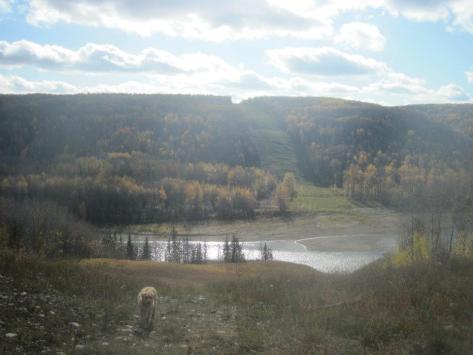
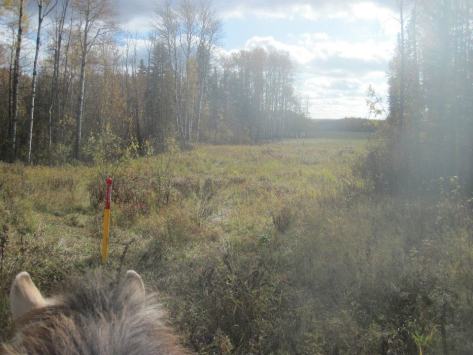
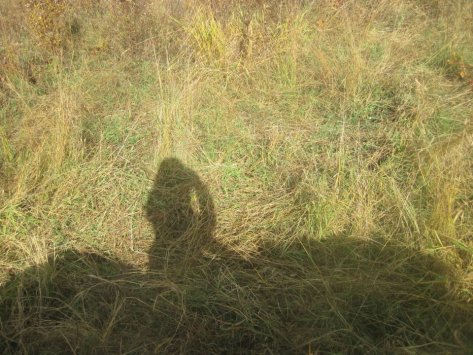
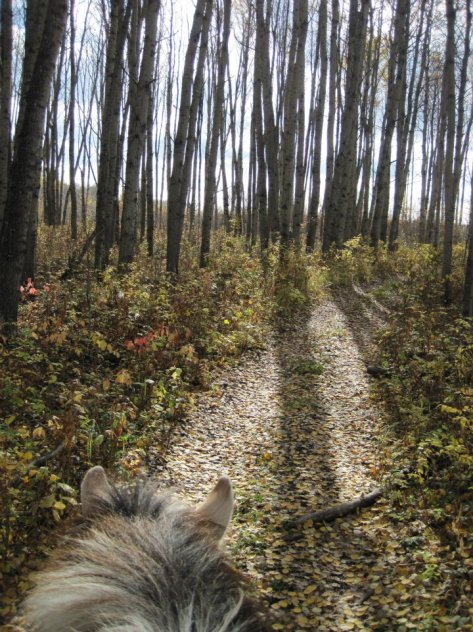
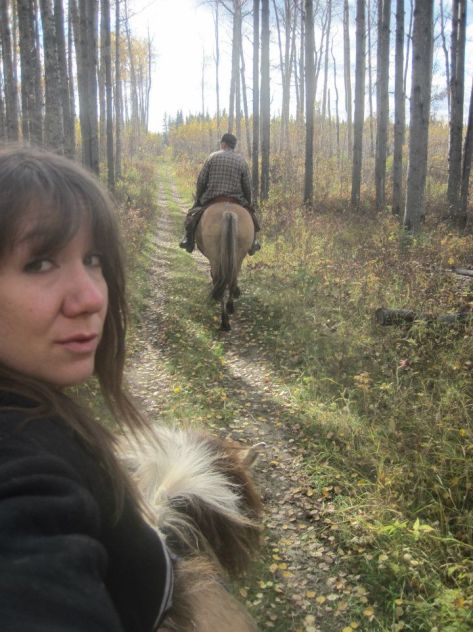
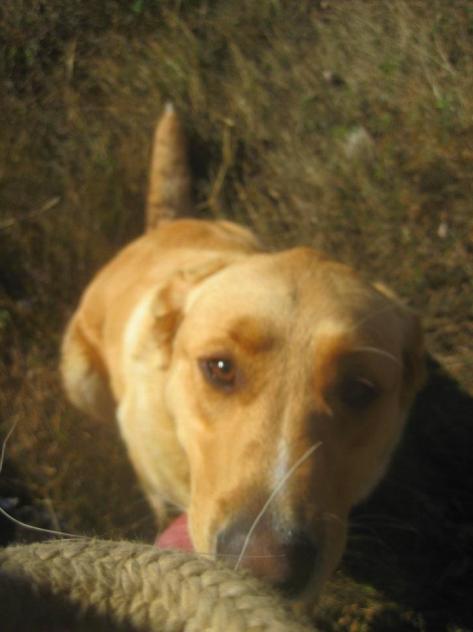
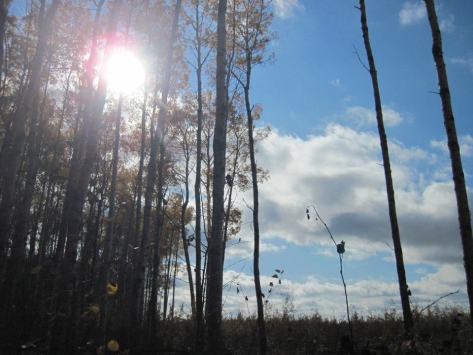
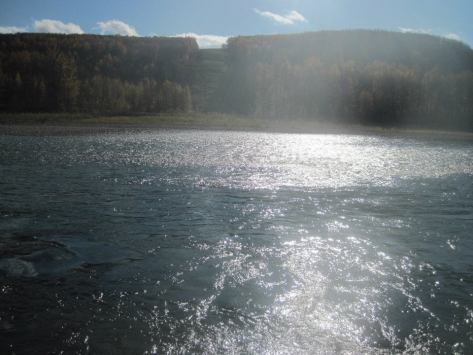
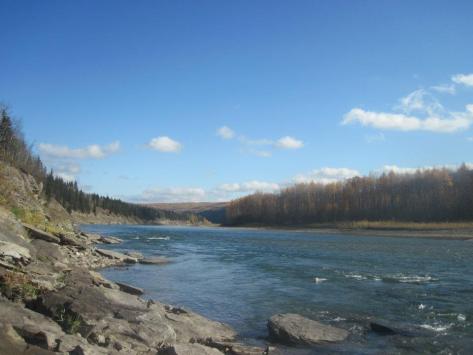
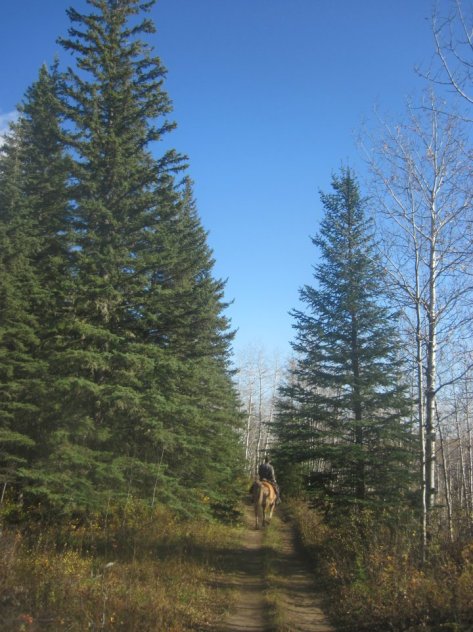
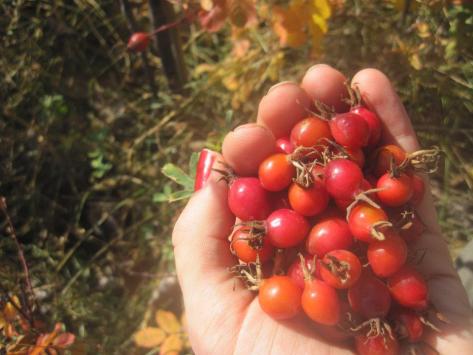
Rhea,
Excellent post. I honestly can’t come up with one thing you change for improvement. I have so enjoyed your reflections and travel over the course of this class. I love the title for this blog because it truly embodies the essence of the instructions for this week’s post. As travel writers before we start evaluating anything we need to stop and take in our surrounds. Whether we are in a urban or rural area. Observe first. Give yourself the chance to find your way before you begin attempting to blaze a trail. As always, great job.
Thanks, Pam. I was inspired by your blog, to touch down to my roots and get with nature to ground my perspective. I do find the metaphor of walking to be helpful in so many endeavours.
Peace,
Rhea
Rhea!
What a great recap of your travels and writing! The insight into your history as a traveler and your dad’s admonitions sound as if they made an impact in your life, ones that you carry to this day!
I found the photos interesting once I realized I was traveling with you on the back of a horse! Awesome effect!
I was absolutely taken with your personal quote on what you want to do as a storyteller….you summed up our entire class in your words….I wish to…see not the other but see me in the other.
Kelly
Hi Kelly.
This course has made me us really consider how it is we form our ideas and spark the impetus for our motivations, doesn’t it?
I still dream of the land where I grew up, though I visit it so seldom. Compelling landscapes never really leave our mind. I hope I can live what I write, in seeing myself in the other. I look forward to seeing what pans out with our linked blogs.
Cheers,
Rhea
P.S. I need to take a break from my studies….I think I’ll head outside, stop, listen and take in my surroundings!
Kelly
Brilliant idea!
After this class, all of us are going to be doing a lot of that.
Rhea
Rhea,
That. Was. Beautiful.
My fellow Canuck, how I loved your description of being mindful and your pictures from horseback. When I am reminded that there are places in Canada other than Toronto (sorry – centre of the universe joke!)… but seriously, you and I are both Canadian, yet our experiences are so vastly different that our voices, our melodies and songs, our parts in the Canadian narrative symphony are seemingly dissonant. My song is urban and older. Yours is younger and freer, riding the winds of the world. Yet the outside world hears their one story song about our country, as we hear theirs.
Your quote at the end is beautiful and true. I have striven for success myself, but what matters is the currency by which we measure our actions.
P.S. Linguistic Canadian-only term: I noticed in one of your pictures where they had cut the trees down to make way for the hydro towers. I have heard that “hydro” is a uniquely Canadian way to describe power lines – do you call it hydro in Alberta?
Derrick,
Your comments read like poetry. A lyrical sort of fellow you are, eh?
I did have my first 17 years of life ranging around on the river banks and forests, but I managed to spend a lot of years in urban jungles as well. The only place I don’t yet love is the suburbs. I hope to visit Toronto properly one day; it is turning into such an international delight, from what I hear.
As for your question about the hydro towers: I will have to get back to you on that. I’m guessing though, they were sadly but away to lay gas pipeline? Northern Alberta is rather much like a cold Texas, with all it’s oil and gas. I will ask the experts on that and let you know though.
Rhea
Beautiful photos! And great writing this week. Your story of learning to travel in the forest near your home with your father, I think, is something many can relate to. And I love your Dad’s advice to “stop and really listen (for bears).” I’m taking my niece on a short back-packing trip through bear country in a few weeks and I hope to instill in her the same love for travel, for visiting another world (in this case, the world that belongs to bears and buffalo and mountain lions) that your father helped you develop.
Your conclusions at the end of the post as you work through what kind of travel writer you want to be today are important. I think we can’t all live Novogratz’ “life of immersion,” but we can all chose to be mindful travel writers that grapple willing to implement Spurr’s discourse of resistance.
Thanks for the post!
–Heidi H.
Thanks Heidi. I took these on my last trip to Canada, a couple of years ago. Let me know how it goes with the bears. You should definitely write it up and put up some pics.
Whether we choose a life of immersion in Africa or America, I think it can be done. I’m still not sure what to make of Novogratz. She was pretty intense. I’d like to see her in all different situations before I put her on any kind of pedestal.
Cheers,
Rhea
Wonderfully written! I think the idea of stopping and listening can be important in nature as well as in any new location. Giving just a moment to taking it all in can help us immerse into any culture (or look out for danger).
You are great a telling your story while incorporating what we have learned. I loved story of your father, and the journey we were able to take with your pictures. I was looking for cations to your pictures, but when I saw the progression of a story it all made sense! Thank you!
Hi Jessica.
I’m thinking of moving the pictures and interspersing them with the text, which might require choosing a different blog layout since this one is so narrow, like a film reel. I might toy with layouts more once all our assignments have been happily submitted. Almost there! It’s been a great trip with everyone in our class.
rhea
Rhea,
A lovely post, and I certainly hope not your last! I have enjoyed being a witness to your storytelling and seeing your views of travel writing grow. You already started out with a tolerant, open mind, and now you have taken that to a new level with your deep understanding of Spurr’s words.
Your dad sounds like an amazing man and you were a lucky kid to have such beautiful and safe surroundings to explore (minus the bears).
One suggestion: You might consider putting some of the photos at the end of the post, or throughout the text. When I got to the pictures I thought that was the end of the post, and if I hadn’t kept scrolling to look at all of them I would have missed the last half of your post!
Loved the photos by the way, they really gave an outdoorsy and calm feel to match the tone of your writing.
Jamie
Hi Jamie,
I see what you mean. I will try on some different layouts and see how it fits. I need to get more well-versed in that, and hyperlinks as you mentioned (I tried but wasn’t able to title them yet to clean it up), though I did put clearer titles. I also relabeled the blog that was erroneously labeled as video, but it still was shuffled the past month’s archives. You have very great suggestions, and as I learn how to handle this blog I will try to follow all your suggestions. I really appreciate your attentive feedback and suggestions. You have such a pretty blog so I know you know what you’re talking about.
Rhea
Rhea,
I loved reading your statement, “I’ve relinquished the need to live in the future constantly, but my window to the world, though I nurture my ambitions, is in the present.” That is a difficult place to remain, but so important for every kind of health.
The pictures of the “journey” through the woods and from the back of a horse. Lovely. Although I had horses when I was younger, there was never a place like this one you show where I could ride. Beautiful.
Teresa,
Yes it can be difficult, or easy. I always choose easy, if I have a choice. As you say, for health.
This ride is about three or four hours round trip from my parent’s house. It’s nice but its a special occasion type of ride. What kind of horses did you have? I hope one day I might have horses again, but no idea at this point since I’ve been living in cities the past years.
Rhea
What a wonderful and well written post. I really enjoyed the story of your father. You have a great ability describing things and making them so vivid in my mind. I hope you continue writing – perhaps a book?!
Hi Elizabeth.
How ambitious that sounds. I think we should all contribute chapters to making a book after taking this class. What do you think?
Rhea